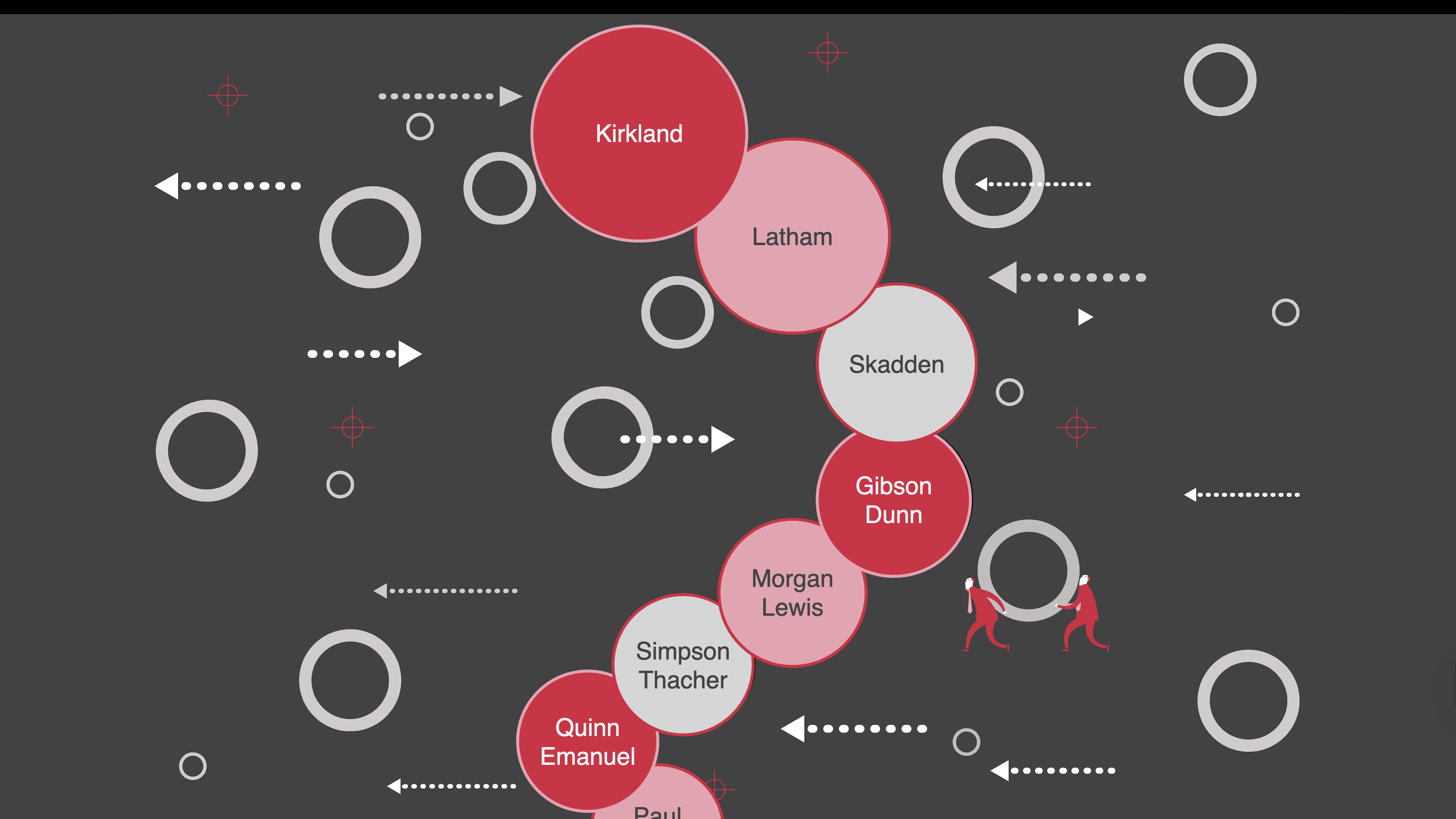Personal branding for partners
As CMO how can you help partners who are brilliant technicians, but not yet brilliant marketers, develop their personal brands?
Match-fit for a new game
While the last few years have been challenging, one unexpected bright spot has been the strength of global markets. Most firms have had a very good run.
Now, anticipating some form of economic slowdown, professional service firms are examining the strengths and weaknesses of their business models afresh, looking to innovate and adapt to a new and potentially more challenging commercial landscape.
One question is how to help partners develop their brands to stimulate demand.
Many individuals who shine as ‘cogs in the wheel’ suddenly find themselves thrust onto the stage and told to ‘put on a show’
Historically, the vast majority of large professional service firms find themselves in the situation of not having enough high-profile partners when the economy goes south after a sustained period of growth.
In years of steadily increasing revenues, the best young talent rises in the ranks and knocks on the door of partnership. Firms, seeing plenty of headroom find themselves promoting individuals who excel at delivering work rather than attracting & finding work.
Leaders acknowledge the inherent BD responsibility of partnership but tend to downplay it in the annual partnership calculations.
The problem is that many individuals who shine as ‘cogs in the wheel’ of larger professional service firms suddenly find themselves thrust onto the stage after about ten years into their careers and told to ‘put on a show.’
From being primarily, or even exclusively, a technical expert ‘back at the ranch,’ to suddenly being a leader, ‘out on the trail’ selling new work, sometimes to new clients, being personally responsible for client relationships and expected to influence client perceptions and compete against rivals in pitches.
And, often toughest of all, to instantly become thought-leaders in their field, find followers and an audience for their expertise and opinions on social media platforms, specialist publications, and event stages.
In short, asked to transform overnight into sophisticated brands in their own right with little or no training or guidance.
Brand, Moi?
I’m often asked about the relationship between the brand of a firm and the brands of individual partners within it. The answer, of course, is that both matter. And, on the long and winding road of business development, they are inseparable, playing different roles at different times.
Today’s newly-minted partner has to learn to project themselves on a vastly broader, probably global, canvas
A parallel of the inseparable nature of individual and team brands is on display all over the sporting world. Michael Jordan is a strong individual brand, and the Chicago Bulls is a strong team brand — they aren’t the same thing, and during the Jordan era fans bought into both simultaneously.
Lionel Messi/PSG and Alexia Putellas/Barcelona enjoy similar relationships: strong brands that coexist and complement each other.
Not all partners can be their firm’s Michael Jordan, Lionel Messi, or Alexia Putellas. Still, the principle is the same — to be effective as a business developer with a strong market reputation, partners need to develop their personal brands.
Adoption of the disciplines and tools of branding for individual partners is following the same adoption curve that professional service firms took to branding the overall firm.
Today’s newly-minted partner has to learn to project themselves on a vastly broader, possibly even global, canvas through mostly digital and at-a-distance channels to build their reputation.
Physical networking events – rare as they are – are more likely to be the equivalent of professional support groups these days than places to sign up new clients.
The best time to start is at the point of inflexion when partners are promoted
Thinking aloud
However, as an individual partner, strategically rethinking your personal brand involves asking some searching questions and being prepared to accept that some things need to change. And, these are people, not robots, with all that goes along with being human.
The good news is that just like firm-level branding, the approach is to make things better than they are already rather than trying to attain some text-book ideal. If not a lot of brand thinking has been done before, then the opportunities to improve are relatively easy to identify.
Then, it’s about deciding how ambitious the individual wants to be in adopting a brand-led approach to building their market reputation. That might require more effort but ultimately also produce much more reward.
The best time to start is at the point of inflexion when partners are promoted, but, as long as they are open to change, you can also teach some old dogs new tricks.
When I work one-to-one with partners on their individual brands, over a series of 3 or 4 sessions, I help them focus on defining:
- The Building Blocks of their market-facing niche.
- The Brand Narrative that will build their profile.
- The Development Plan that will get them there.
The heart of the matter
Coaching and feedback with peers in small groups can be an effective way to get partners started on the journey of developing their personal brand strategy, but the final steps are best done one-to-one with each partner individually, rather than in the glare of colleagues.
Their own North Star to guide them and help them maintain focus on what’s important
This allows partners to be candid about their strengths and weaknesses without being defensive or fearful of appearing arrogant.
It also gives them space to be ambitious and aspirational in setting out what they want to achieve with their personal brand without having to justify it or risk humiliation in front of their peers or leaders.
Just as with a firm-level brand, having a lens like this is half the battle — so that they can sift through the blizzard of day-to-day challenges, opportunities, and situations and have their own North Star to guide them and help them maintain focus on what’s important.
Professional service firms with a stable of partners with strong individual brands that complement the overall firm’s brand will be better equipped to deal with the ups and downs of the global economy.
End
Click here to find out about our Partner Brand Development advisory services











